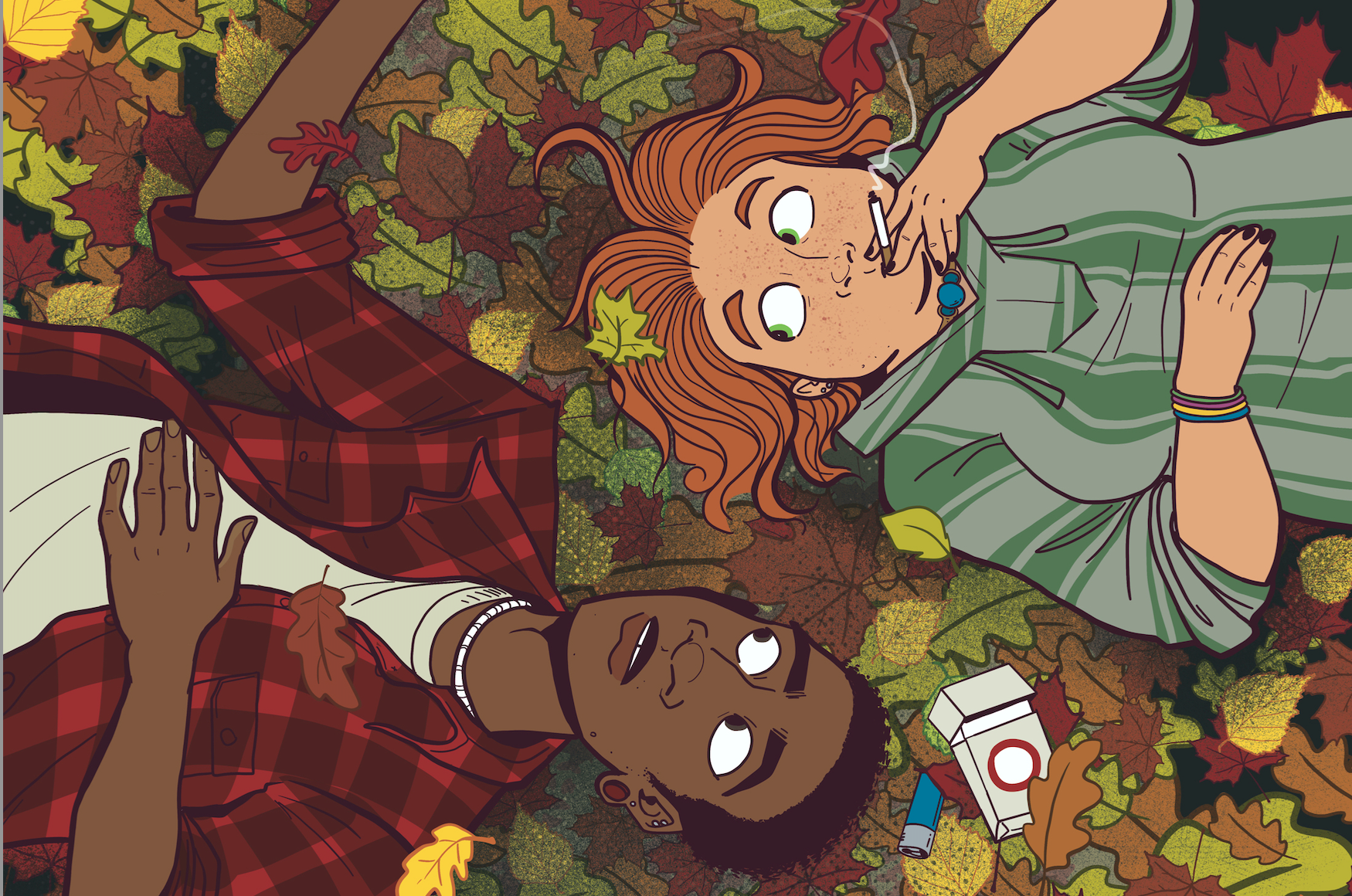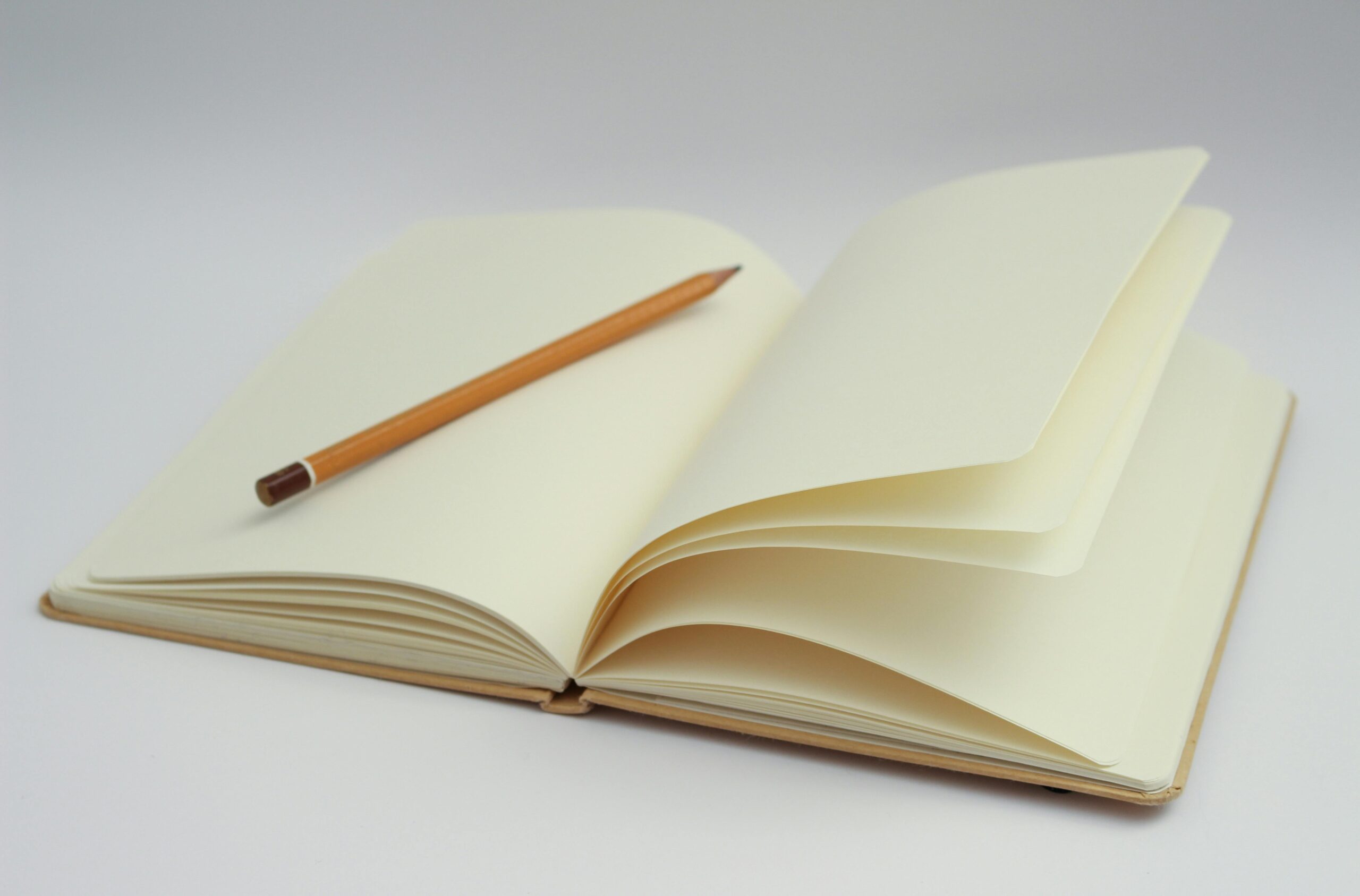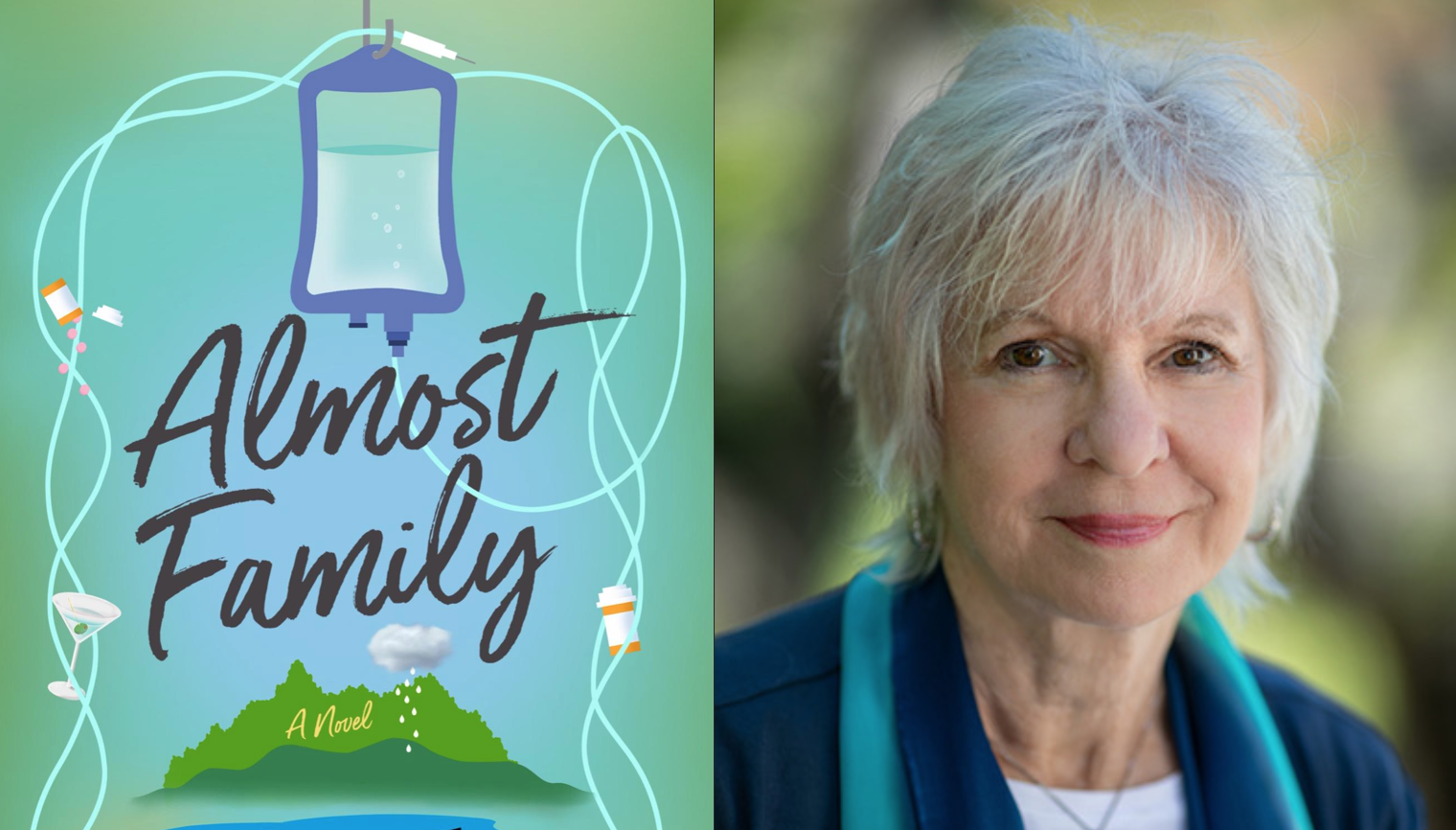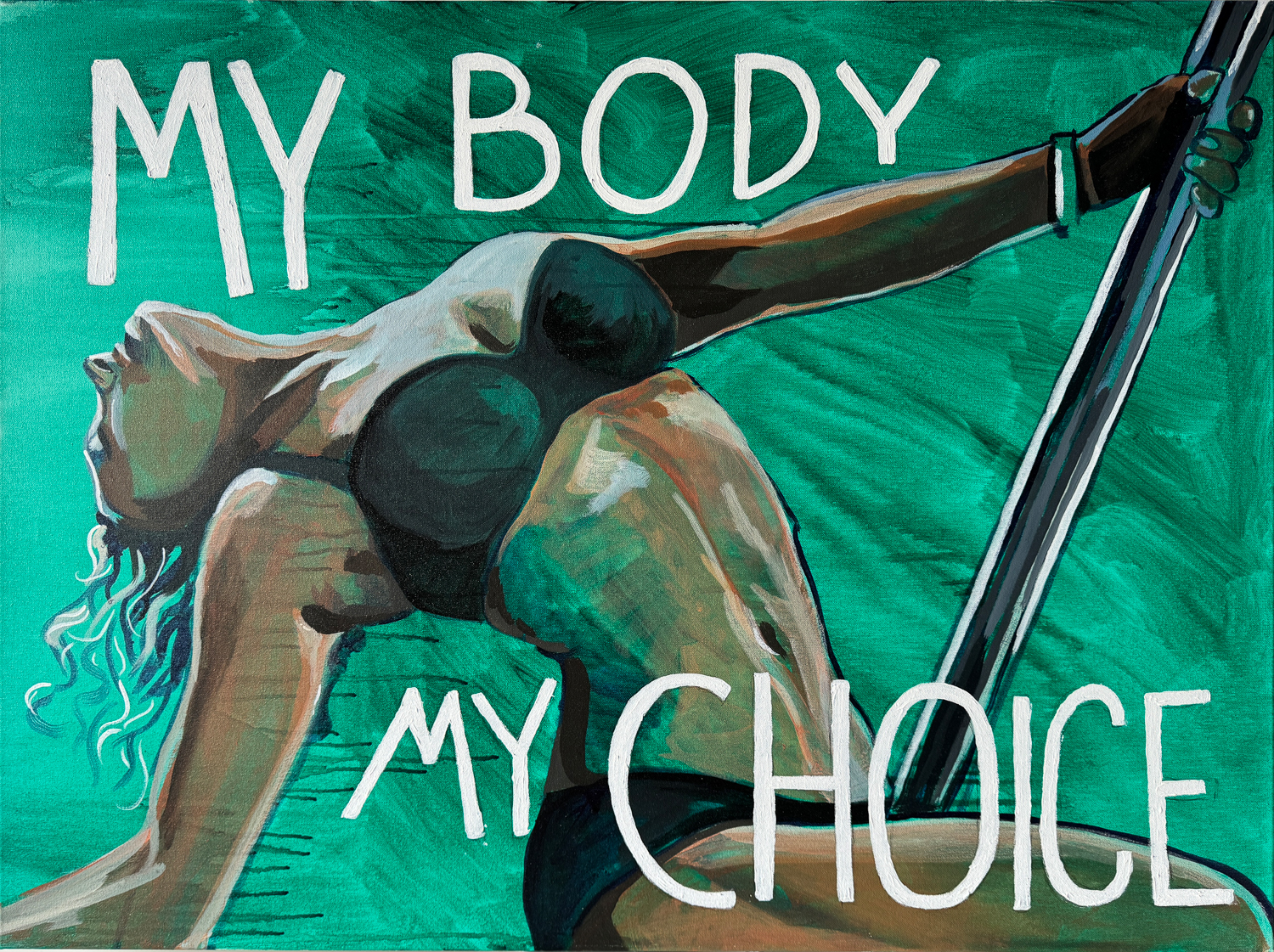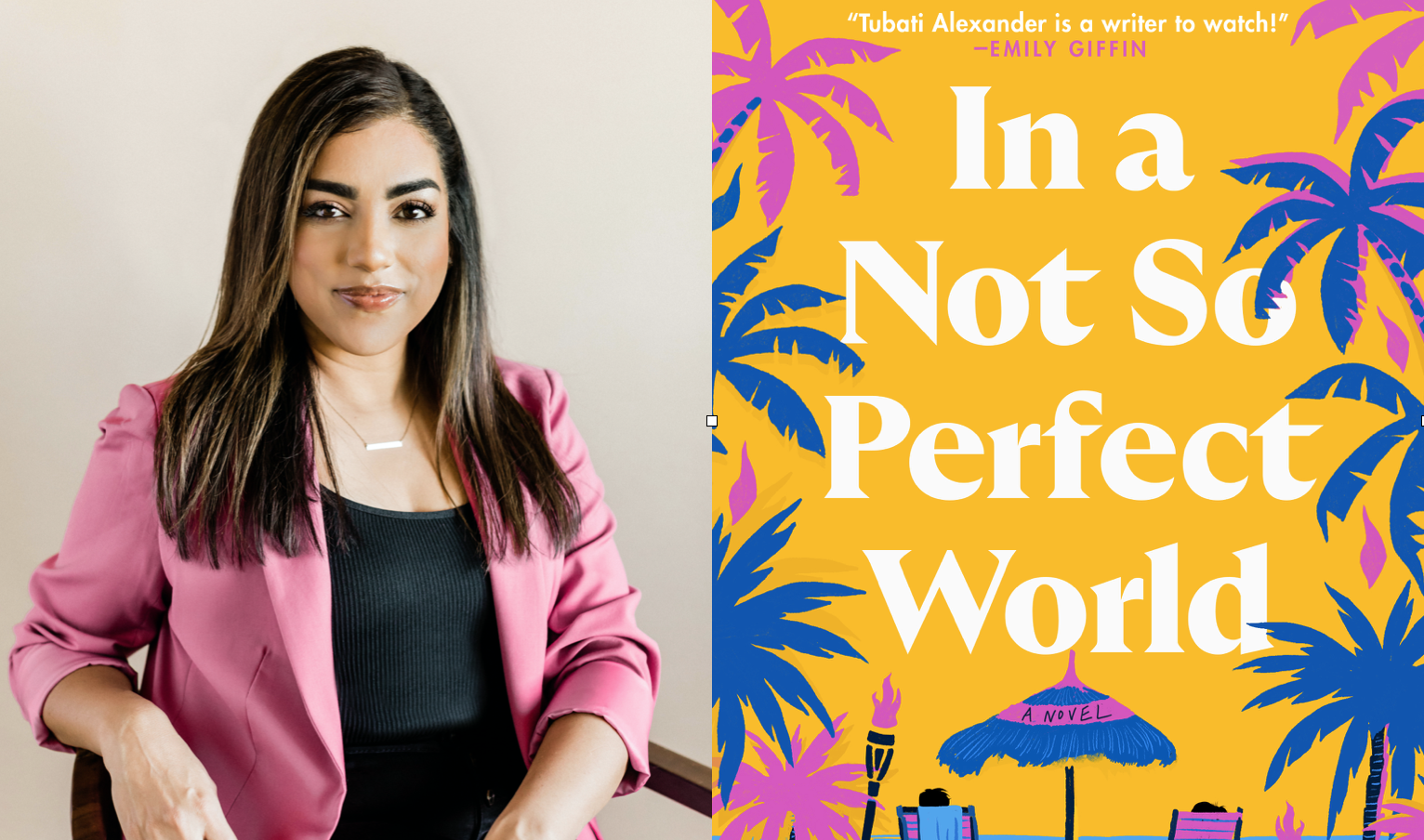
They say it’s a “man’s world” that we live in. So what does that mean for women? What does it mean for gender non-conforming and non-binary folks?
Everything in our world has been influenced by that fact ‘man’ designed and led all aspects of it without the inclusion or consideration of ‘woman’. While some implications of this are clear – the wage gap, lack of women in leadership – most consequences are so deeply embedded into our world that they are all but impossible to see, unless you are looking.
The Story of Woman is a new podcast exploring ‘man’s world’ through woman’s perspective, looking at the economy, healthcare, gender roles, and more. Hosted by Anna Stoecklein Lau, each episode features an interview with a non-fiction author whose book provides the context needed to see where we are, how we got here and what still needs to be changed.
History itself has been written specifically by predominantly men, and through the specific male gaze. This podcast series turns that on its head and offers listeners an insight into a world through the female gaze, focusing on issues that are only just now in recent years being examined from the perspective and lived experiences of women.
The Story of Woman is a podcast-community dedicated to elevating ‘woman’ from the footnotes of our story to a lead character, one book at a time. Through author-led interviews, each episode explores a different book that illuminates our world through her lens, providing the context needed to see the full picture and improve the next chapter for everyone.

Season one includes conversations with:
- Asha Dahya, author of ‘Today’s Wonder Women’, a collection of inspiring stories about 50+ female-identifying people who are changing the world.
- Katrine Marçal, author of ‘Mother of Invention’ which explores the how good ideas get ignored in an economy built for men.
- Elinor Cleghorn, author of ‘Unwell Women’ which unpacks the roots of the perpetual misunderstanding, mystification and misdiagnosis of women’s bodies.
- Mary Ann Sieghart, author of ‘The Authority Gap’ which helps us understand why women are still taken less seriously than men, why it matters, and what we can do about it.
- Gina Rippon, a neuroscientist and author of ‘The Gendered Brain’ (Gender and Our Brains in the US edition) which shatters the myth of the female and male brains.
- Farida D., an Arab gender researcher and author of ‘Rants of a Rebel Arab Feminist’, a book about feminism from an Arab woman’s perspective and how no matter our culture, we are all connected under the one patriarchal system.
- Dr Krsytale Littlejohn, author of ‘Just Get on the Pill’ which discusses the uneven burden of reproductive politics.
- Leslie Kern, author of ‘Feminist City’ which is about reclaiming space in our man-made cities and streets.
- Paula Stone Williams, a transgender woman whose book, ‘As a Woman’, discusses what she learned about power and the patriarchy after transitioning at the age of 60.
- Katrina Majkut, author of ‘The Adventures and Discoveries of a Feminist Bride’ which covers outdated marriage traditions that perpetuate gender inequality.
While the focus is on gender, this community is for everyone and includes a recurring section about what men stand to gain in a more equal world. “Woman” is used not to perpetuate the binary, but to highlight the negative implications of its existence and begin to correct for her historical absence. As this absence applies to all people who don’t identify as “man”, this includes those who identify as non-binary, gender fluid and anywhere else on the spectrum of gender.
“The story of woman is the story of who has been exempted from dominant narratives. Absolutely it is. The story of woman is an extraordinary story that sits beneath what we’re all told is history,” Elinor Cleghorn answered to the recurring question, “What does the story of woman mean to you?”
To the same question, Asha Dahya replied, “The story of woman is still unfolding. It’s not a singular journey and we are all on it together. And each of us has the power to write parts of that journey. We’re an army now. So, let’s all do it and change the world together.”
We had the opportunity to speak with Anna about the inspiration behind the podcast, as the episode with our founder Asha Dahya was released, which you can listen to below:
Why did you decide to create this podcast series?
Like many (non-mothers) out there, I found myself with some extra time starting in March 2020 and filled it with reading, mostly non-fiction books on the topic of women and gender. With every book, I found myself hopelessly willing more people to read what I was… this was all extremely important information about our world, yet none of it seemed to be part of the mainstream discourse.
From these books it was clear that ‘woman’s perspective’ is missing from everything – the economy, healthcare, technology, and so on. Yet in terms of our mainstream narrative, these books and the ideas within them are too often seen as “niche” – like women themselves!
So, I wanted to find a way to make the content in these books more accessible. Not just for those who aren’t familiar with feminist narratives, but also those who don’t like reading, or don’t read non-fiction, or love reading feminist non-fiction but struggle to read all 100,000 books on their list! I wanted to make it easier to absorb these ideas in the hopes of adding woman’s perspective back into our worldview and, ultimately, helping to shift the story of mankind to the story of humankind.
What do you hope listeners will remember most about the women and books being featured?
I hope listeners will remember that these are not “women’s issues”, these are everyone’s issues. Too often anything to do with women gets labelled as something separate from the human experience; she gets her own “special” category (e.g. soccer and women’s soccer, scientists and women scientists, literature and women’s literature, etc).
While there is often value in distinctly labelling women to correct for their historical absence, these women and the books they have written touch on themes and ideas that impact all of humanity, not just women. Without these narratives – and woman’s perspective of the world – humankind becomes something else entirely, and we won’t ever know who we are and what it means to be fully human until her perspective is seen as universal.

What were some of the most startling things you learned during the interviews?
I have been startled to learn just how deeply embedded woman’s exclusion from our world is. Everything from our governments and institutions, to the design of our buildings and city streets, to the phones we hold and clothes we wear (hello, where are the pockets?!) have been shaped by woman’s absence. But because this is “just the way it is”, it’s not until you take a step back and look through a gendered lens that we can see the impact this continues to have on our world today.
And what is the story of woman to you?
To me, the story of woman is a story of astounding resilience and achievement. Women have not only contended with but overcome, and in many cases thrived, in a world that has relentlessly oppressed, silenced and subjugated them. For millennia, women have adapted to their harsh realities and against all odds, made monumental contributions to the world while simultaneously closing the gap between themselves and their oppressors. The story of woman is a source of endless inspiration and offers a playbook for how we can continue to evolve and triumph from here.
Fans of the podcast can contact Anna via the Story of Woman website to provide feedback and ideas for the podcast, or to become a guest on the show. To listen to the podcast, visit the website, Apple Podcasts, Spotify, or wherever you get your podcasts!












